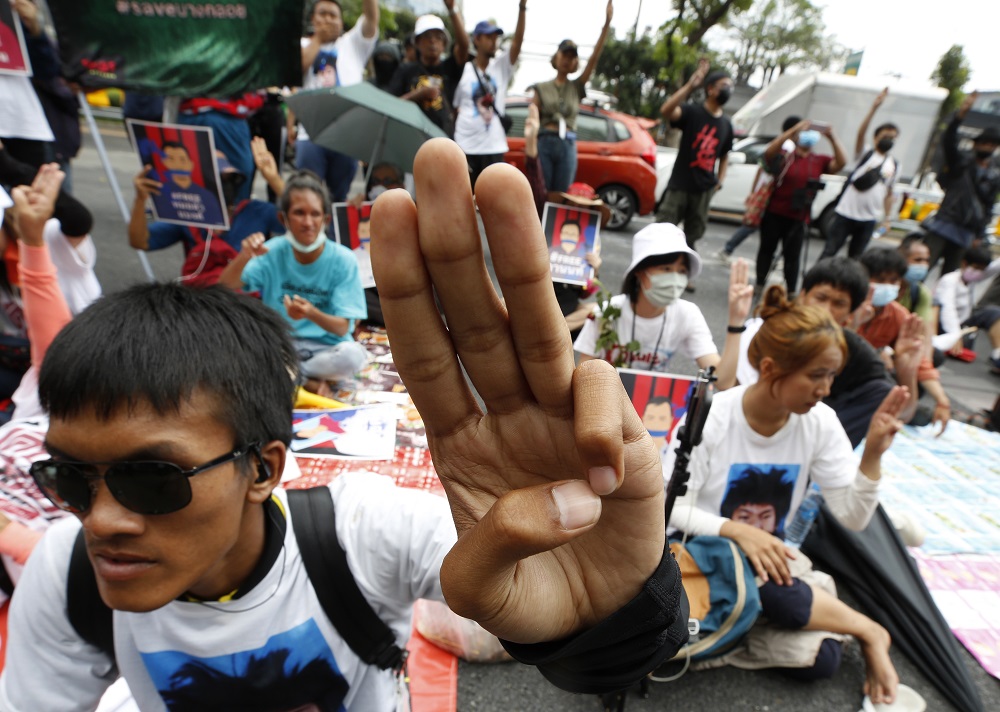Across the Asia-Pacific, we’re seeing in real time the tactics being adopted by populist authoritarian governments to control a news media that they can no longer command. The new strategy: a bullying domination through heavy-handed harassment, raids on pretexts of financial irregularity, attacks on news media credibility, culture war outrage and disinformation to distract and discredit.
The key targets? Digital and online media – just as it was a year ago when (as I wrote at the time) governments were trying to control the Covid-19 narrative.
Back in the olden days, before the internet, the news media could be constrained by targeting the costs of production and distribution. It was relatively easy to shutter printing presses, stop delivery trucks or block terrestrial broadcasts. Borders could be closed. Limits on media scale meant it was practical to censor before publication or arrest journalists.
Governments still have those old tactics in their tool-kit (as we’re seeing right now in Myanmar particularly with journalist arrests), but the globalisation of human rights means governments who reach back to those tools pay a price in international condemnation. The result? Dominating digital news needs new approaches.
It’s a field where the Modi government in India has long been a pioneer. Now, under political pressure through the farmer protests, it’s ramping things up in a bid to control both local digital media and to restrain global media reporting on India. The Indian government’s new “Guidelines for Intermediaries and Digital Media Ethics Code” mandate a three-step structure of control, topping out the traditional steps of internal review and industry self-regulation (through, for example, the Press Council) with a more dangerous inter-governmental committee.
The regulations also give the government greater power to force social media platforms to take down information, after a row with Twitter which (after an initial stumble) refused to block journalists and rights campaigners.
The network of digital news media in India, DigiPub, has protested to the government about the new rules which, they say, “appear to go against the fundamental principle of news and its role in a democracy”. (Digipub is chaired by Dhanya Rajendran from The News Minute.) The Delhi High Court issued notice in their case in court challenging the new IT rules, which they say pose “profound and serious harms for digital news media”.
Meanwhile, in Singapore, New Narratif remains under attack with founder PJ Thum called in for a further three-hour questioning by police over the news site’s coverage of the country’s 2020 elections. He was released but we’ll keep watching.
And in Thailand, one of the promising digital news voices, Khaosod English, has been disbanded, with the reporters absorbed into the parent company’s Thai language publications.
